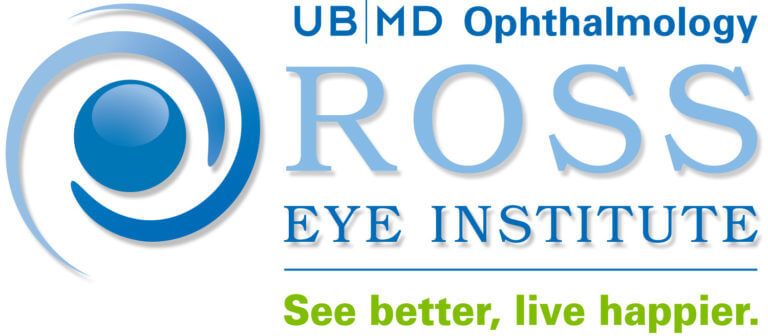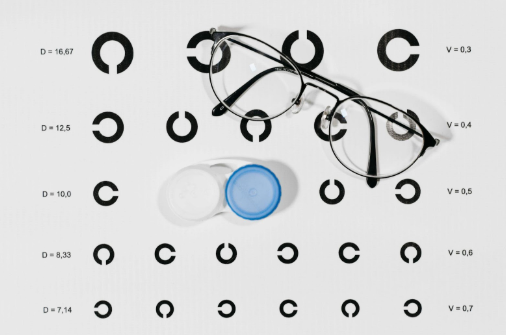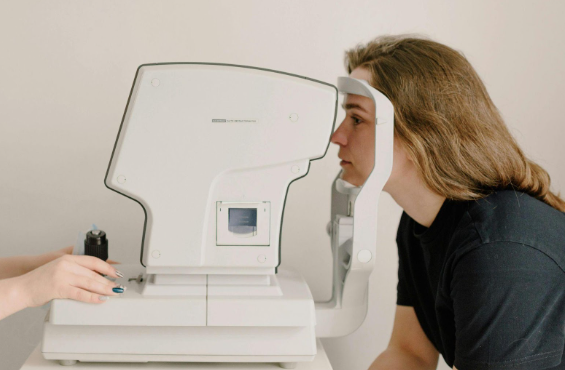Contact Lens Care
If you’re one of the roughly 45 million Americans who wears contact lenses, taking care of your lenses is an important part of your everyday life. Improper care of contacts can cause infections, abrasions or ocular conditions that can threaten your vision. Are you doing everything you should to keep your vision and contact lenses in good health?
Are Contacts Safe?
Contact lenses are extremely safe when correctly prescribed, stored, disinfected and maintained. However, there are also opportunities for things to go wrong. For example, if not properly prescribed, your lens may not properly correct for visual deficits or, even worse, could be ill-fitted. A misshapen contact lens could result in irritation, oxygen deprivation, corneal abrasions or even the formation of new blood vessels that can threaten eyesight.
In addition to being improperly prescribed, issues can also arise if contacts are not properly disinfected or maintained. The consequences for poor lens maintenance and neglect are more trouble than they’re worth. Corneal infections and ulcers can cause serious damage to the eye and potentially lead to permanent vision damage.
There is also the potential for problems to occur from other common activities, such as the use of eye drops, sleeping, swimming or showering while wearing your contact lenses. With all these risks lurking, it’s clear to see just how important it is to properly care for your contact lenses.
How To Care For Contact Lenses
Taking good of care of your contact lenses not only helps to protect your vision health, but also maintains the overall safety, longevity and efficacy of your lenses. Fortunately, caring for lenses is easy and should be part of your daily routine just like brushing your teeth. There are plenty of ways to take proper care of your lenses, but here are a few of the essentials.
Be Disciplined
The critical first step is establishing care habits as part of your daily routine and being disciplined about maintaining the proper steps of contact care. Having the self-control to take a few extra steps to ensure proper maintenance goes a long way with contact lenses. This can be simple things like not wearing daily contacts to sleep or taking out lenses before showering or swimming, but it’s also important to stick to a lens schedule created with your eye doctor.
Follow Cleaning Instructions
Proper cleaning is vital for something inserted directly into your eyes. That goes for your own care, as well as for your lenses. For example, you should avoid touching contacts before you’ve thoroughly washed your hands with soap and water. You also need to disinfect your lenses properly, which means using appropriate cleaning and disinfecting solutions and never rinsing contacts with water or a homemade saline solution. Another common mistake is using saline solution or rewetting drops as a way to disinfect lenses. This will not work, since they aren’t disinfectants.
Proper Contact Lens Storage
Having discipline and following instructions is great, but all that will mean nothing if your contacts are not stored correctly, including both the lens case and solution bottle. This starts with regularly cleaning and replacing your contact lens case on a schedule.
The American Academy of Ophthalmology suggests replacing your contact lens case every 3 months. Your solution bottle also needs to be tightly closed and capped when not being used because the tip has the potential to spread germs if it were to touch an infected surface.
Talk To An Eye Care Professional
Contact lenses can also warp over time, and the shape of your cornea can change. Having routine eye exams is critical to make sure there are no changes in your vision or eye, helping ensure lenses fit properly and have the right prescription for you. However, if you experience eye irritation, sensitivity or other issues while wearing your contact lenses, you should remove them right away and schedule an in-office appointment or remote consultation with Ross Eye Institute’s telehealth services.
Questions About Contact Lens Care? Contact The Ross Eye Institute.
We know that there’s a lot to keep in mind when trying to properly care for your contact lenses, and we’re here to help. Our professionals are available to answer questions and schedule consultations remotely via telehealth services, and we’re also still available for in-person appointments at our Orchard Park location for those with urgent issues.
If you have questions, would like to schedule a telemedicine consultation or have a critical eye issue, please don’t hesitate to call us at 716.677.6500 or contact us here. For questions about ordering your contact lenses, call Adam Hauser, contact lens coordinator, at 716.677.6500, ext. 100.











